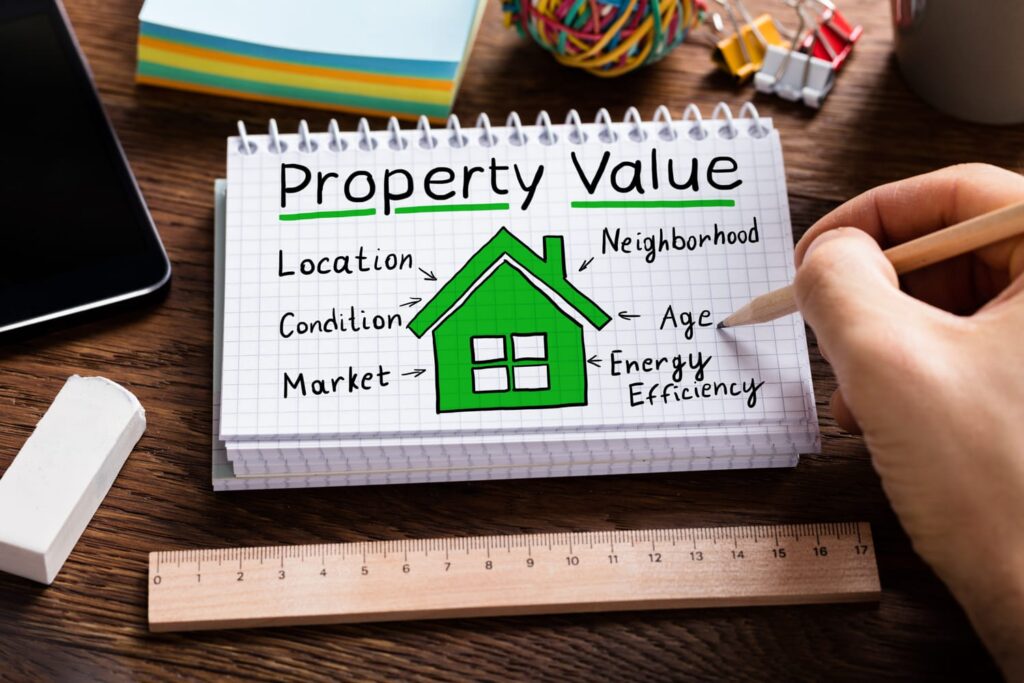The process of buying a home has changed dramatically over the past decade. Today, your first showing likely doesn’t happen at the front door; it happens on a screen. From listing portals to virtual tours and AI-driven property recommendations, the digital home search is now a critical part of the buyer’s journey. But while technology has made searching more convenient, it hasn’t necessarily made it easier to make the right choice. For modern buyers, success lies not in using more tools, but in using the right ones strategically. This guide outlines practical, informed tips to help you stay focused, avoid common missteps, and make smart decisions throughout your digital home search.
Use the Right Search Platforms
Not all home search platforms are created equal. Some prioritize listings from agents and MLSs; others syndicate content from a wide range of sources, which may lead to outdated or duplicate listings.
Look for platforms that offer:
- Verified, real-time MLS-synced listings
- Robust filters beyond price and size, think schools, commute time, and HOA fees
- User-friendly interfaces that allow you to save searches and get instant alerts
Also, don’t limit yourself to national platforms. Local real estate websites or agent-branded platforms often show listings faster, with better neighborhood context.
Go Beyond the Listing Photos
It’s easy to fall in love with a home based on polished photography but remember, these images are designed to highlight the best angles. A great kitchen photo doesn’t tell you whether the HVAC is 20 years old or the backyard backs up to a freeway.
What to do instead:
- Use satellite views and Google Street View to understand the surroundings
- Scan for floor plans, disclosures, and inspection reports when available
- Prioritize listings with virtual walk-throughs or 3D tours to get a better spatial feel
The more you verify before the showing, the more productive you’re in-person visits will be.
Define Your Search Criteria Early
Without clear parameters, online searches can quickly become overwhelming. It’s easy to spend hours browsing homes you’ll never actually pursue.
Get focused by defining:
- Must-have features (e.g., number of bedrooms, yard size, garage)
- Non-negotiables (e.g., max price, distance from work or school)
- Trade-offs you’re willing to make (e.g., older home for a better location)
The goal is not just to find listings — it’s to eliminate what doesn’t work so you can spend more time evaluating what does.
Use Alerts, But Don’t Let the Algorithms Lead
Custom alerts can be your best ally, especially in a competitive market. But not every ‘just listed’ or ‘hot property’ notification is worth jumping on.
Smart strategies:
- Set multiple alerts tailored to different priorities (e.g., one for townhomes under $450k, another for homes with large lots)
- Avoid emotionally reacting to urgency labels like ‘must see’ or ‘price drop’, do your own due diligence
- Revisit saved searches regularly and revise them as your preferences evolve
Remember, tech should assist your search, not pressure it.
Pair Online Search with Real Market Data
Most listing platforms focus on individual properties, not broader market conditions. But understanding the local market context helps you judge whether a home is fairly priced or likely to move quickly.
Check:
- Median days on market (DOM) for the area or zip code
- Price per square foot compared to nearby homes
- Trends in inventory levels and price fluctuations month over month
- Public records, city data portals, and agent-provided market reports are great resources here. Don’t rely on list price alone, context matters.
Vet the Neighborhood Digitally
Buying a home isn’t just about the property, it’s about the surrounding environment. Today’s tools let you assess much of this digitally before stepping foot on the block.
What to research:
- School district boundaries and performance (even if you don’t have kids, this affects resale value)
- Crime reports or neighborhood safety maps
- Zoning, development plans, or future infrastructure projects that could impact value
Also, explore neighborhood groups on platforms like Nextdoor or Facebook. These offer informal but useful insights into community dynamics.
Know When to Call in a Professional
Digital search tools are powerful, but they can’t replace local knowledge, transactional expertise, or negotiation strategy. A qualified real estate agent can help interpret what the data really means and flag things listings won’t reveal.
An experienced agent can:
- Spot red flags in seemingly attractive listings
- Access off-market or coming-soon properties
- Navigate bidding strategies in competitive markets
- Coordinate inspections, appraisals, and offer terms
Think of online platforms as your discovery engine and your agent as your navigator.
Document and Organize What You See
As you dig through listings, save, compare, and take notes. Most platforms allow you to ‘favorite’ homes, but few help you keep track of your reactions or priorities.
Tips to stay organized:
- Use a shared spreadsheet or notes app to track top contenders
- List pros and cons immediately after viewing
- Categorize homes as ‘tour-worthy,’ ‘second look,’ or ‘off the list’
This keeps your decision-making clear and reduces fatigue as listings blur together.
Final Thoughts
The digital home search is here to stay and for good reason. It gives buyers more autonomy, better access to information, and faster ways to explore the market. But convenience alone won’t lead to a better outcome. Modern buyers who approach online search with structure, skepticism, and strategy are the ones who make smarter, more confident decisions. Use technology as your toolkit, not your compass and you’ll navigate the process with clarity from first click to closing day.


